WHO reacts after B92 swine flue report
The World Health Organization (WHO) has issued a statement in reaction to the first part of the new series of B92 TV's investigative program Insajder (Insider).
Wednesday, 02.11.2011.
18:40

The World Health Organization (WHO) has issued a statement in reaction to the first part of the new series of B92 TV's investigative program Insajder (Insider). The program's new series deals with healthcare system issues, while the episode aired this week looked into the swine flu pandemic of 2009, the vaccine manufactured to fight the disease, and concluded that it was not properly tested. WHO reacts after B92 swine flue report The WHO statement aims to provide answers to "concerns in Serbia regarding the activities during the pandemic", but fails to present any new information compared to the statements made by its spokesman Gregory Harlt, who was interviewed by Insajder's reporters. The WHO statement was also forwarded to many email addresses by Serbian epidemiologist Zoran Radovanovic, who says his colleagues from the international organization asked him to do so. The email says that the statement came in the wake of the airing of the program on Monday, and as a result of Tuesday's "intensive exchange of messages between Geneva, Copenhagen an Belgrade". The document once again refers to the conclusions reached by WHO's commission in charge of revision of procedures, which stated that there was no evidence to support claims that the pharmaceutical industry had influenced the organization in its decision to declare the swine flu pandemic. B92's Insajder published the commission's findings, but also those reached by the Council of Europe, whose report concluded that there was effectively no swine flu pandemic in the world that year, but that there was suspicion that some experts employed by WHO also worked for the pharmaceutical industry, thus finding themselves in conflict of interest. The WHO statement that came in reaction to the program also asserts that the organization's committee determined that no change was made in the definition of a pandemic. But Insajder's reporters found out that this in fact happened immediately prior to the announcement declaring the swine flu pandemic, and that the new definition no longer required a disease to be "serious, with a large number of fatal outcomes". Had that original criteria stuck, WHO would not have been able to declare the pandemic in 2009. The B92 program also published some documents originally found on the WHO website which had been removed in the meantime, and which showed that the pandemic definition was changed a month before the outbreak of the swine flu was declared a pandemic. The WHO statement also says that the swine flu vaccine was safe, but it fails to explain why the institution advised pregnant women to be vaccinated, knowing that the vaccine was not tested on that part of the population. It is also unclear why the statement noted that the seasonal vaccine was safe, since the program dealt only with the swine flu pandemic, to find that the vaccine manufactured for that type of flu was not fully tested. Here is an excerpt, translated from Serbian, of the interview WHO's Gregory Hartl gave to Insajder: Hartl: The vaccine was manufactured within a normal period of time, which usually takes from five to six months. That's how long it takes to make anti influenza vaccines. Its safety was tested in each phase, and when it was made available, it turned out to be as good, or nearly as good, as the vaccine against seasonal flu. B92: Many experts are saying that it was not fully tested? Hartl: OK. It was tested. B92: You are saying that it was tested in normal procedures? Hartl: It was... let me think... that was two years ago, that's a lot of time... B92: You may think... Hartl: Hmm, regular procedures were observed... B92: How could WHO advise pregnant women to receive the vaccine if it was not tested on pregnant women? Hartl: I really don't have an answer to that at this time, I cannot answer off the top of my head, that was two years ago. I cannot answer. B92: Were you aware that it was not tested on pregnant women? Harlt: I really will not answer that at this time! The second episode of this season's Insajder will air next Monday, at 21:00 CET
WHO reacts after B92 swine flue report
The WHO statement aims to provide answers to "concerns in Serbia regarding the activities during the pandemic", but fails to present any new information compared to the statements made by its spokesman Gregory Harlt, who was interviewed by Insajder's reporters.The WHO statement was also forwarded to many email addresses by Serbian epidemiologist Zoran Radovanović, who says his colleagues from the international organization asked him to do so.
The email says that the statement came in the wake of the airing of the program on Monday, and as a result of Tuesday's "intensive exchange of messages between Geneva, Copenhagen an Belgrade".
The document once again refers to the conclusions reached by WHO's commission in charge of revision of procedures, which stated that there was no evidence to support claims that the pharmaceutical industry had influenced the organization in its decision to declare the swine flu pandemic.
B92's Insajder published the commission's findings, but also those reached by the Council of Europe, whose report concluded that there was effectively no swine flu pandemic in the world that year, but that there was suspicion that some experts employed by WHO also worked for the pharmaceutical industry, thus finding themselves in conflict of interest.
The WHO statement that came in reaction to the program also asserts that the organization's committee determined that no change was made in the definition of a pandemic.
But Insajder's reporters found out that this in fact happened immediately prior to the announcement declaring the swine flu pandemic, and that the new definition no longer required a disease to be "serious, with a large number of fatal outcomes".
Had that original criteria stuck, WHO would not have been able to declare the pandemic in 2009.
The B92 program also published some documents originally found on the WHO website which had been removed in the meantime, and which showed that the pandemic definition was changed a month before the outbreak of the swine flu was declared a pandemic.
The WHO statement also says that the swine flu vaccine was safe, but it fails to explain why the institution advised pregnant women to be vaccinated, knowing that the vaccine was not tested on that part of the population.
It is also unclear why the statement noted that the seasonal vaccine was safe, since the program dealt only with the swine flu pandemic, to find that the vaccine manufactured for that type of flu was not fully tested.
Here is an excerpt, translated from Serbian, of the interview WHO's Gregory Hartl gave to Insajder:
Hartl: The vaccine was manufactured within a normal period of time, which usually takes from five to six months. That's how long it takes to make anti influenza vaccines. Its safety was tested in each phase, and when it was made available, it turned out to be as good, or nearly as good, as the vaccine against seasonal flu.
B92: Many experts are saying that it was not fully tested?
Hartl: OK. It was tested.
B92: You are saying that it was tested in normal procedures?
Hartl: It was... let me think... that was two years ago, that's a lot of time...
B92: You may think...
Hartl: Hmm, regular procedures were observed...
B92: How could WHO advise pregnant women to receive the vaccine if it was not tested on pregnant women?
Hartl: I really don't have an answer to that at this time, I cannot answer off the top of my head, that was two years ago. I cannot answer.
B92: Were you aware that it was not tested on pregnant women?
Harlt: I really will not answer that at this time!
The second episode of this season's Insajder will air next Monday, at 21:00 CET










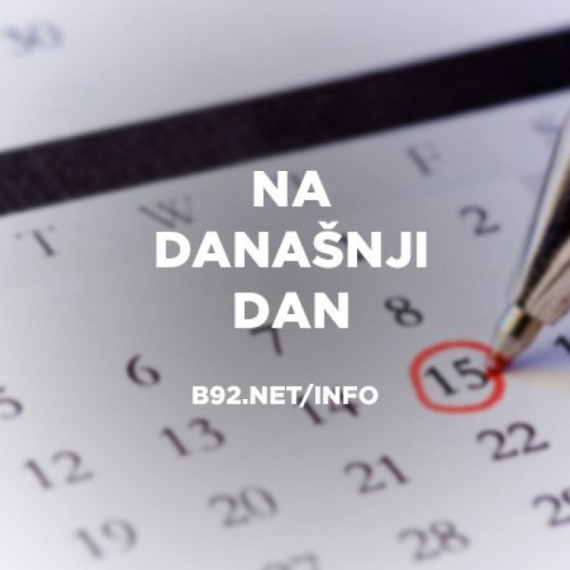

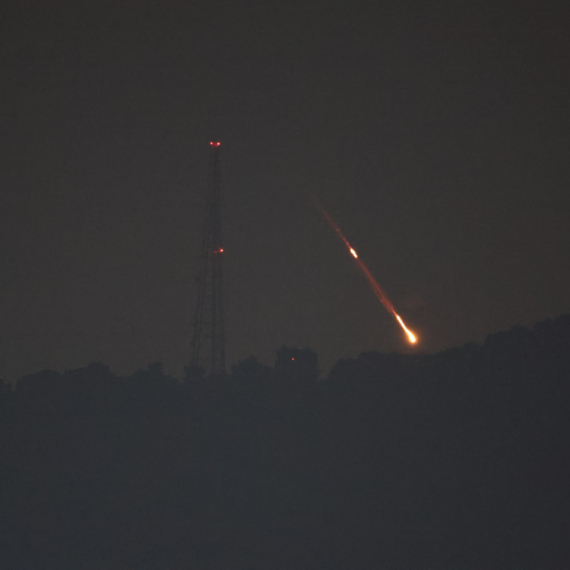


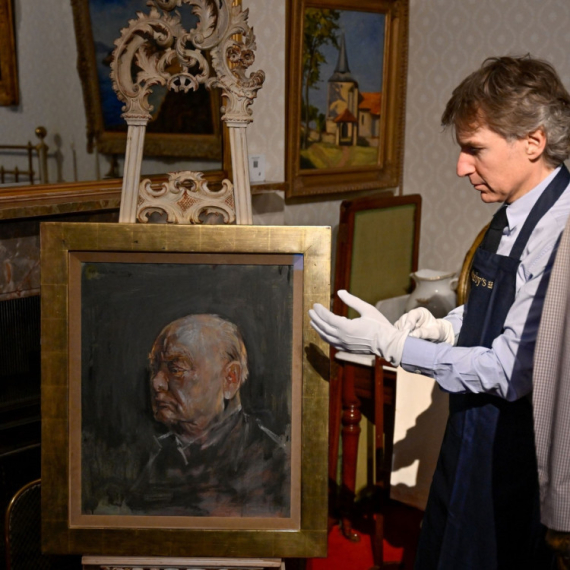

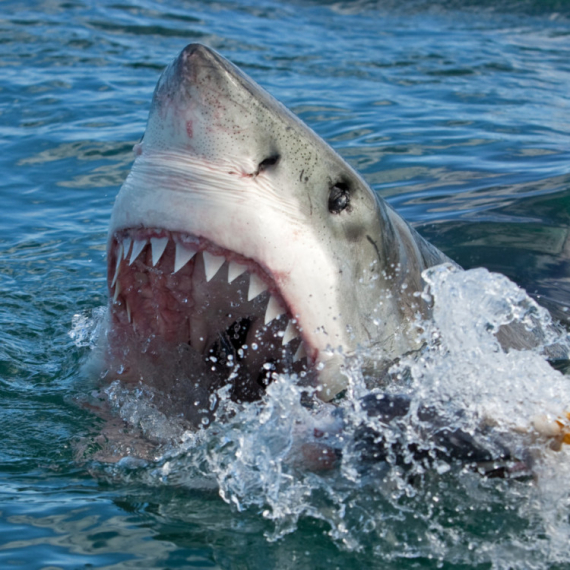
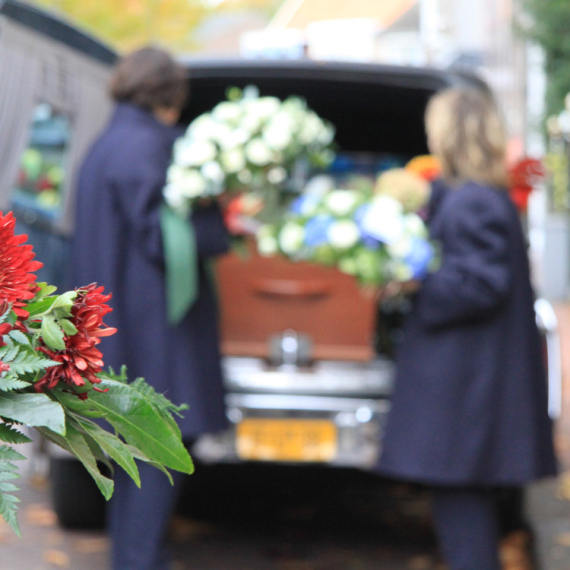
















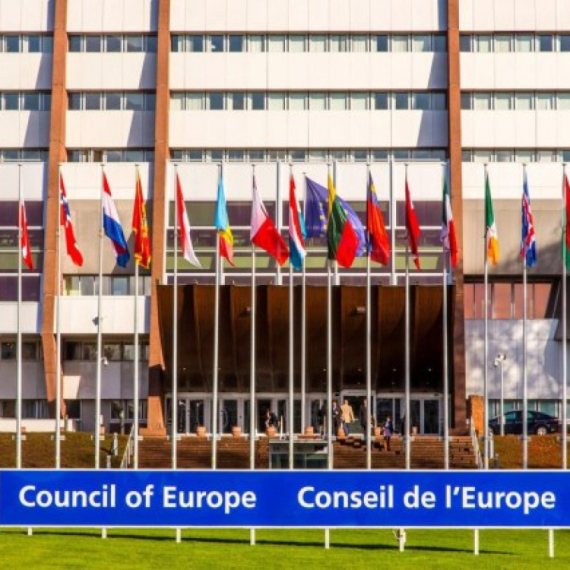














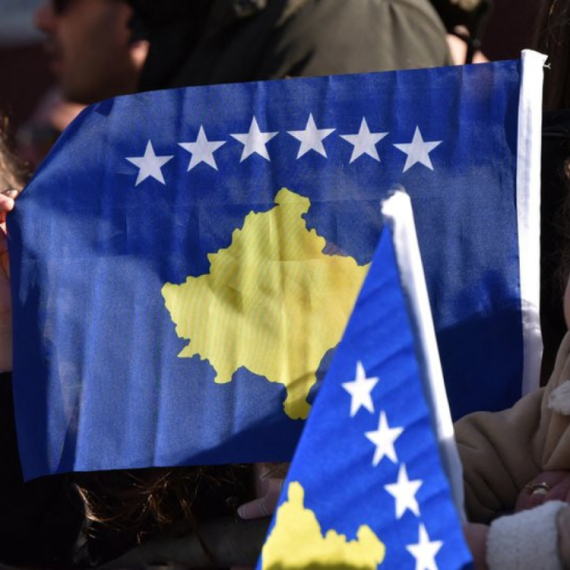





Komentari 2
Pogledaj komentare